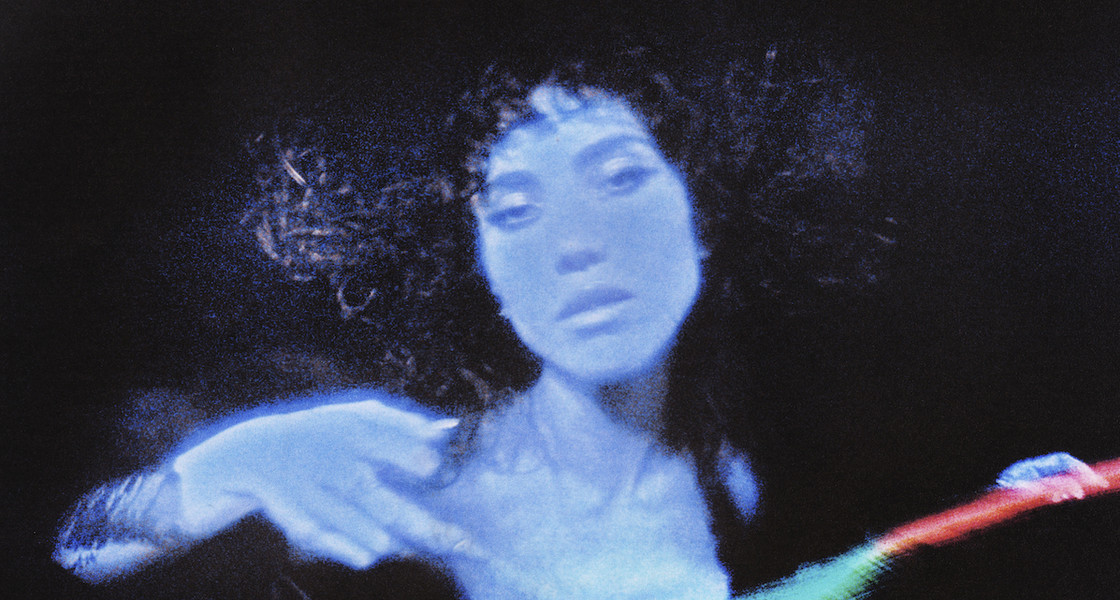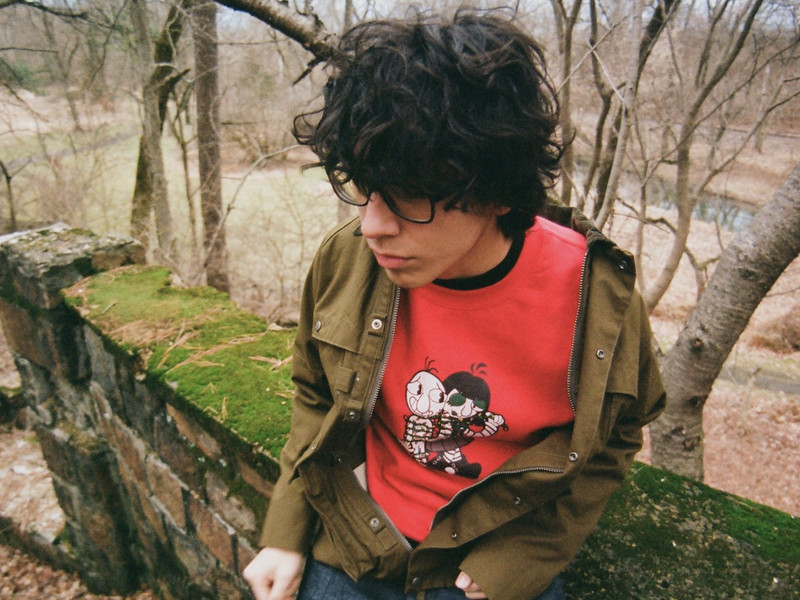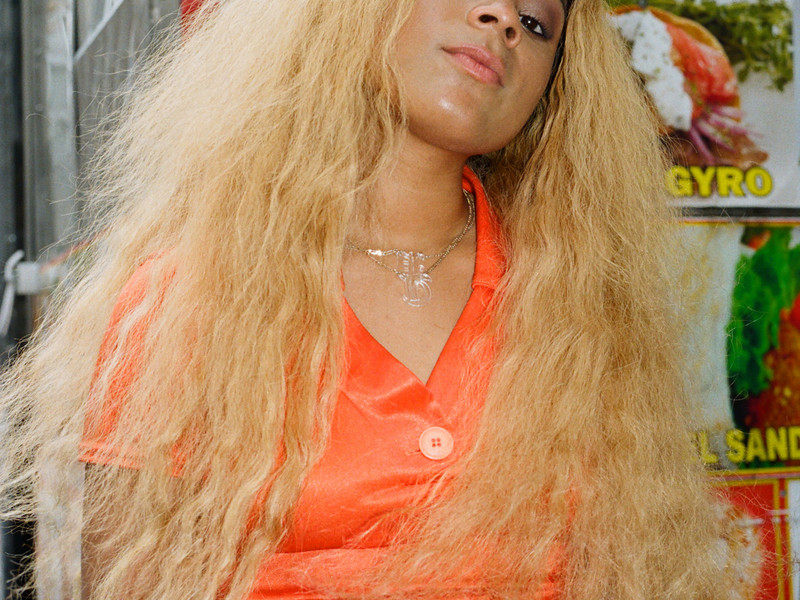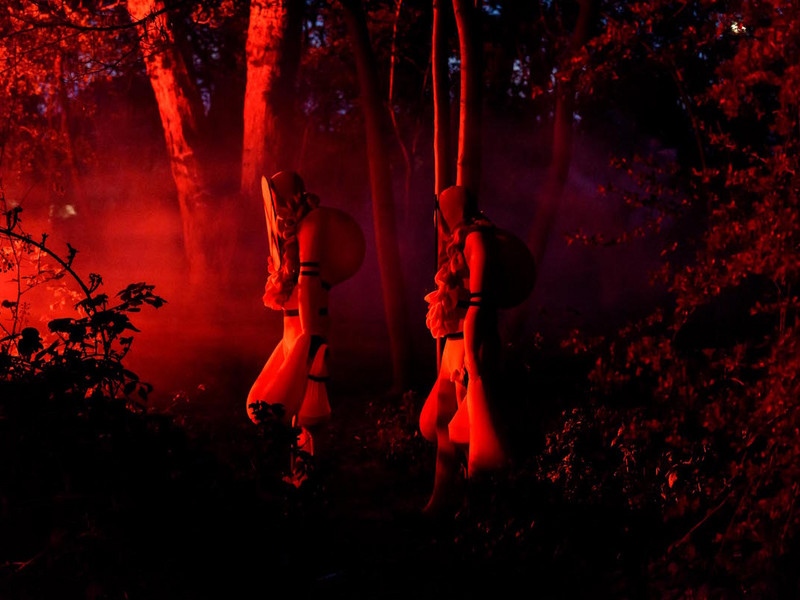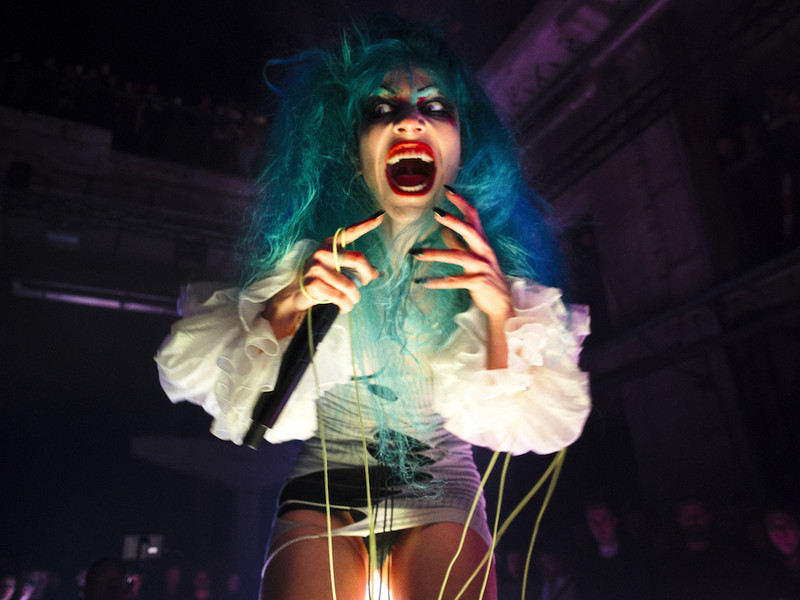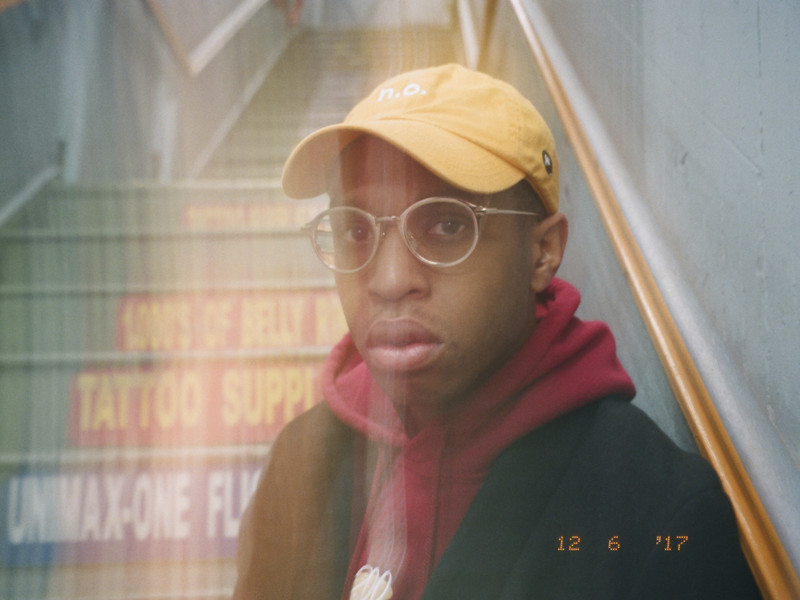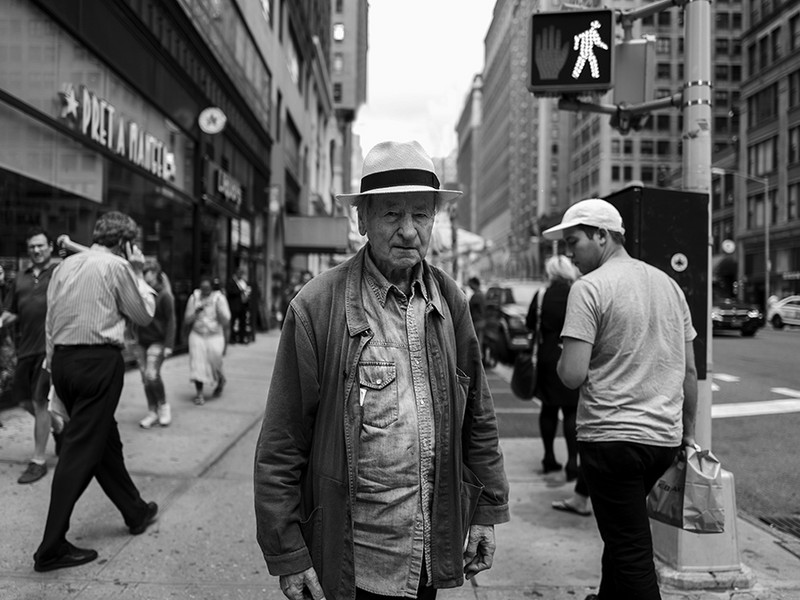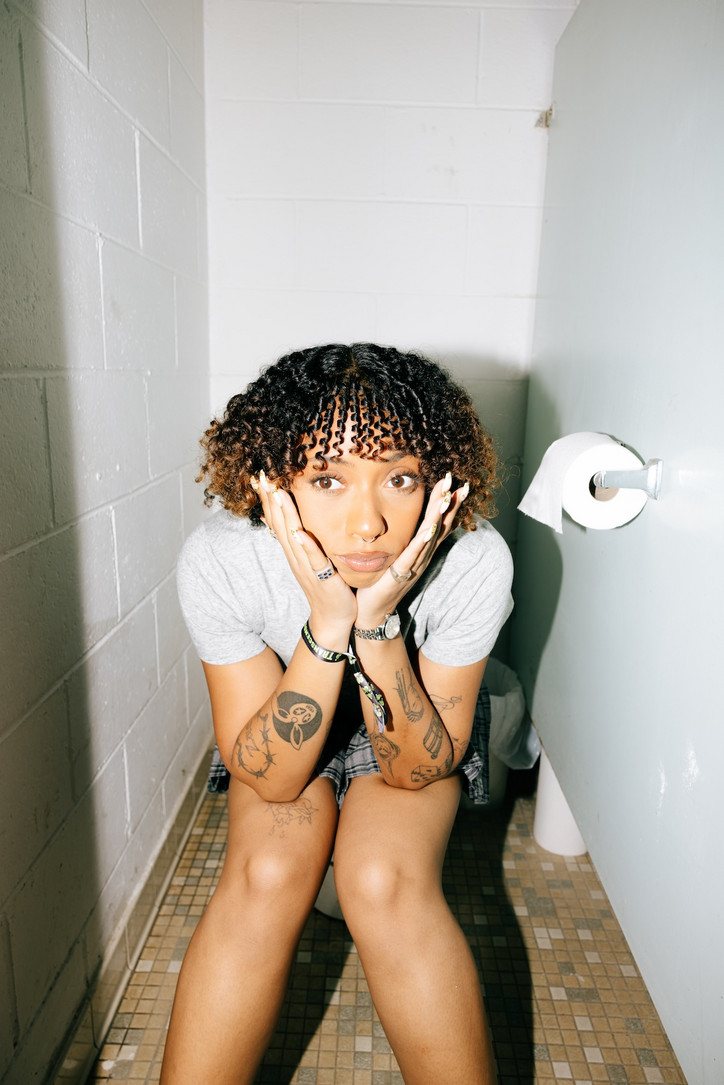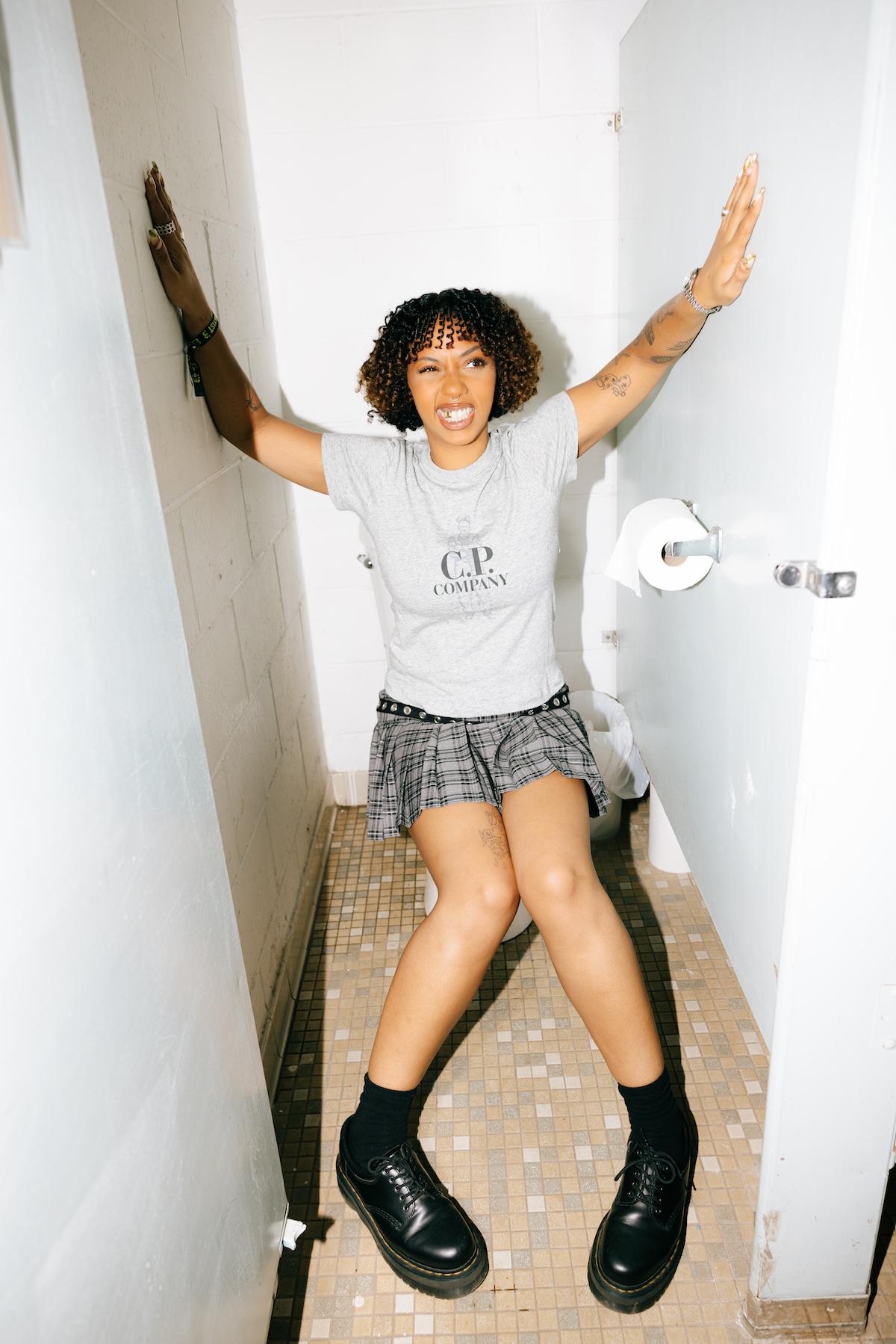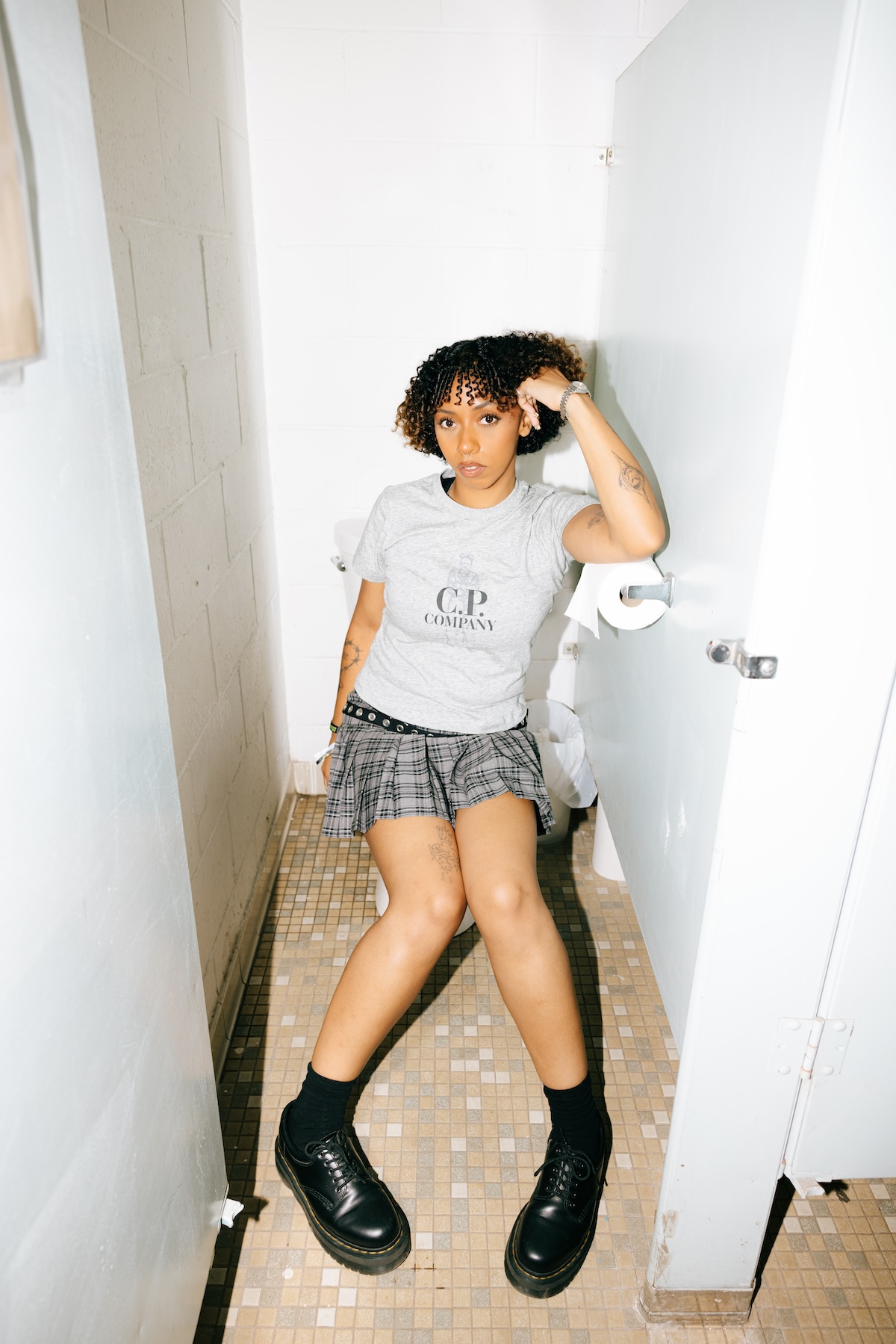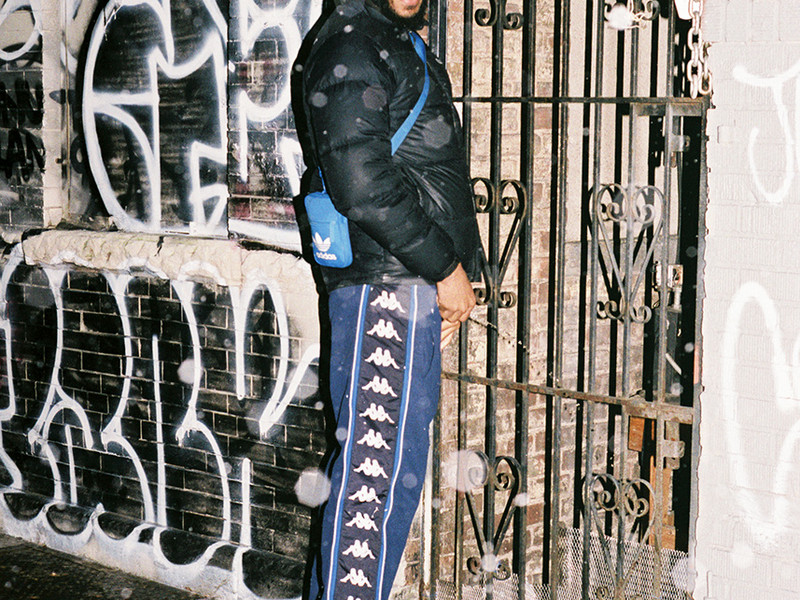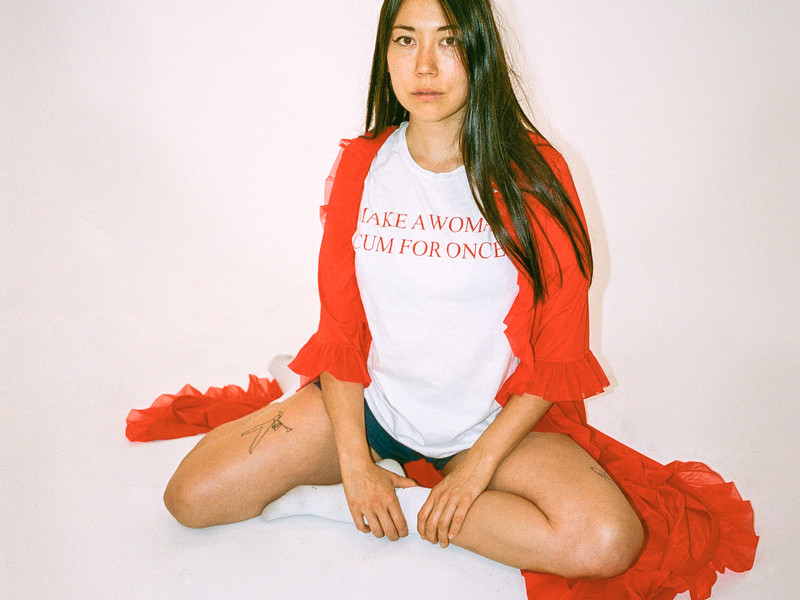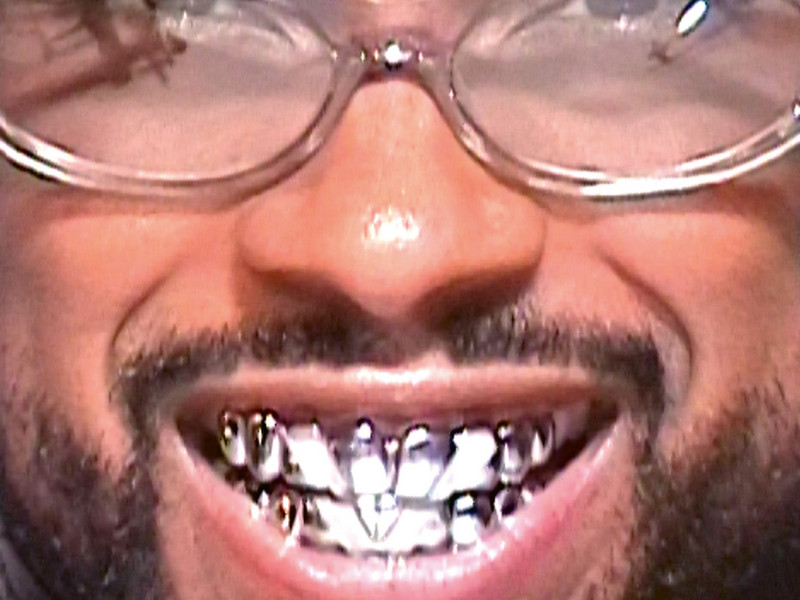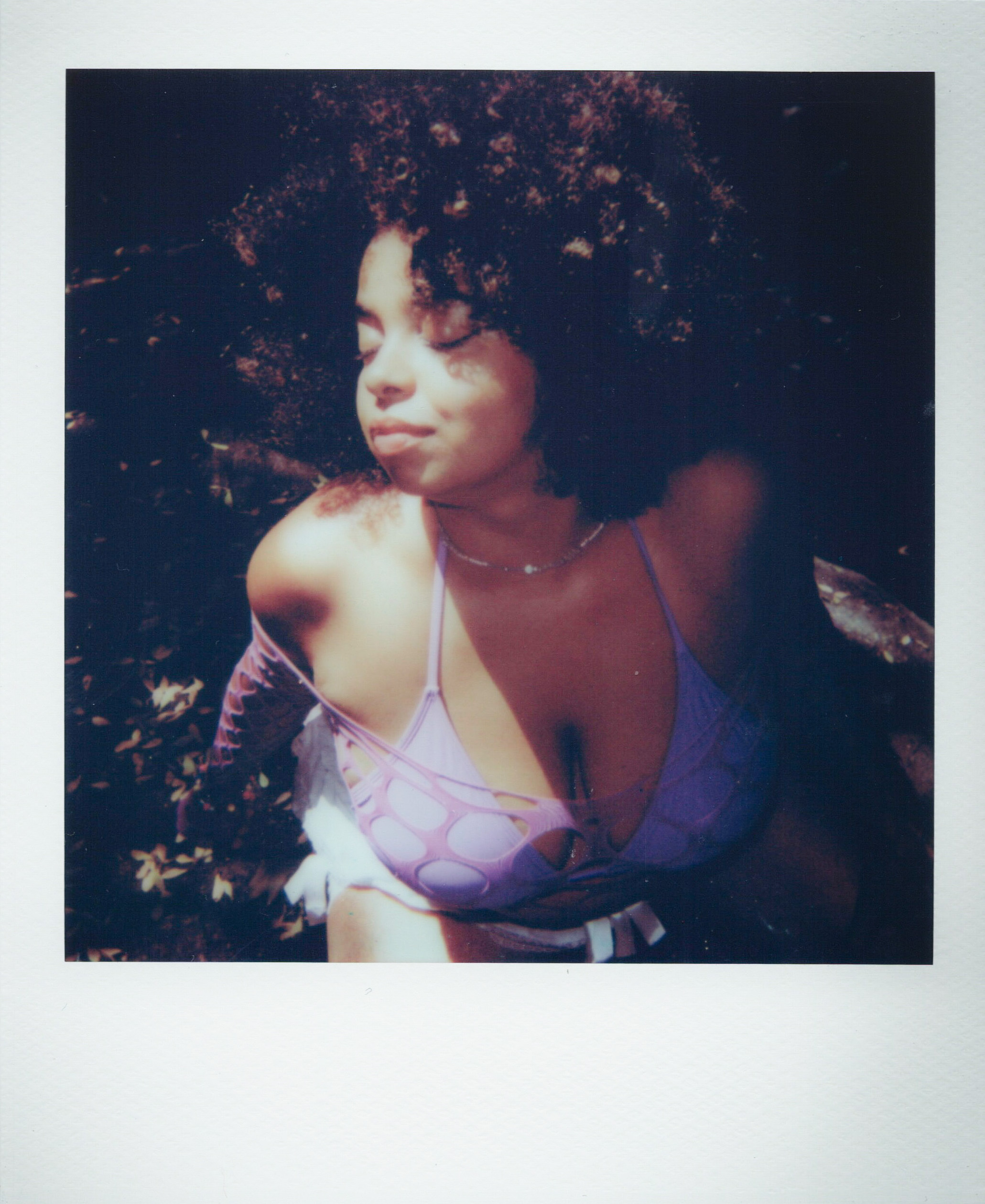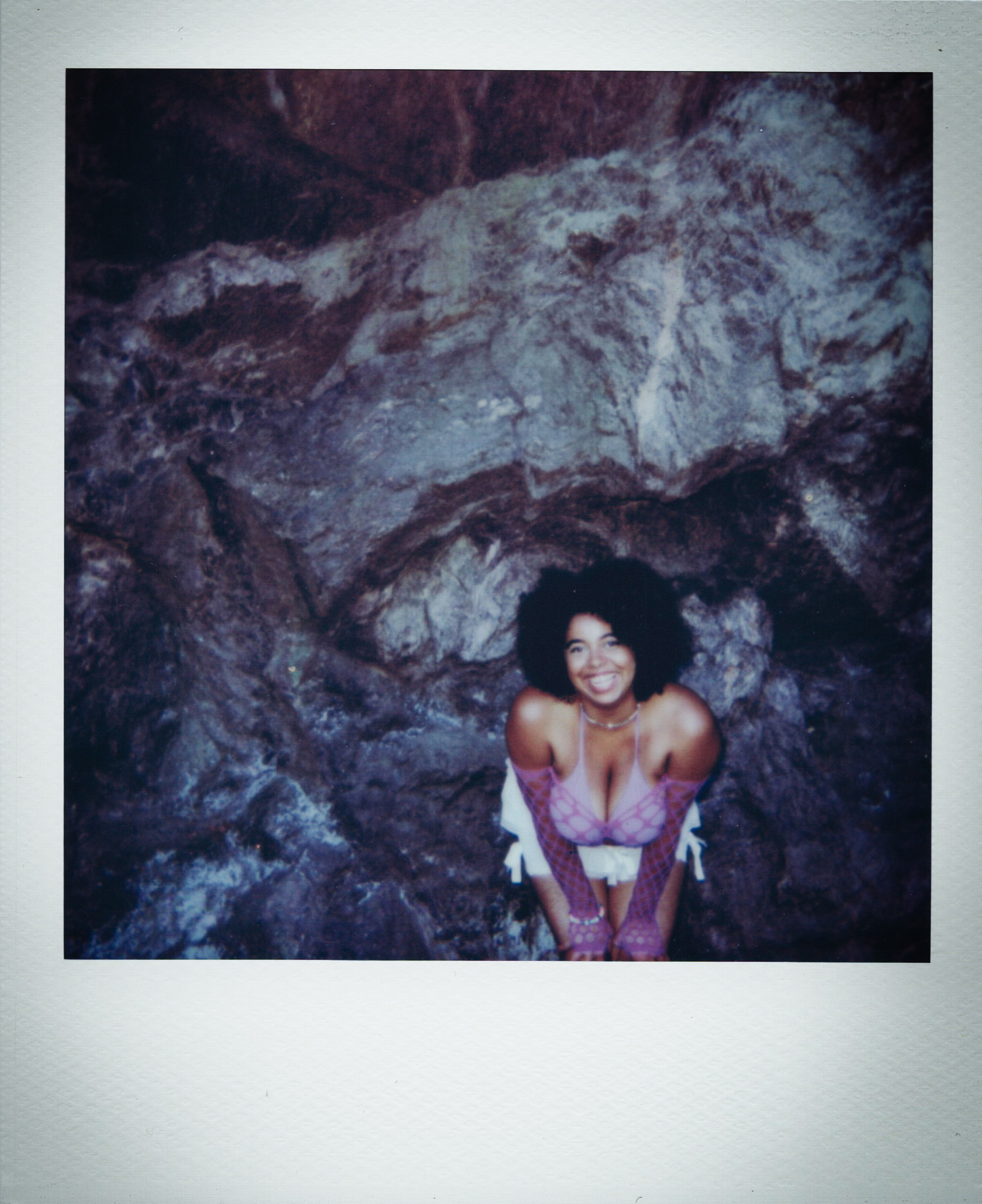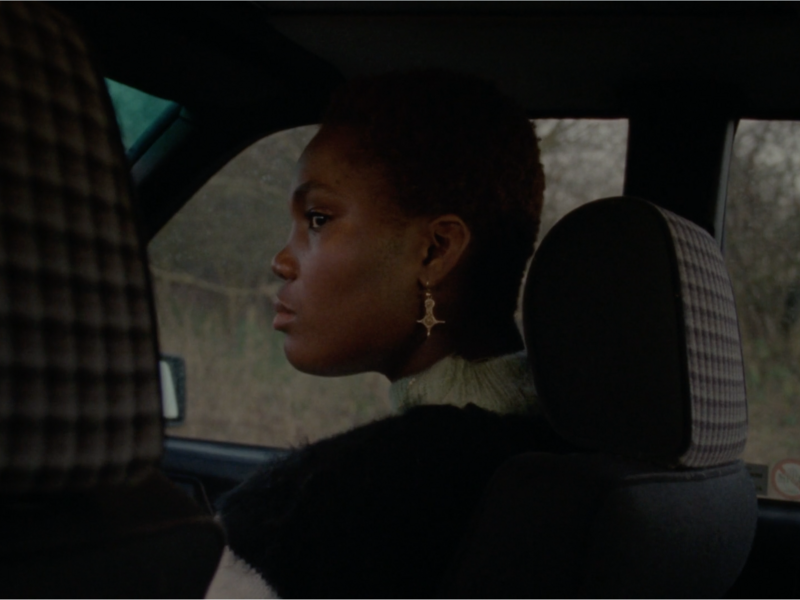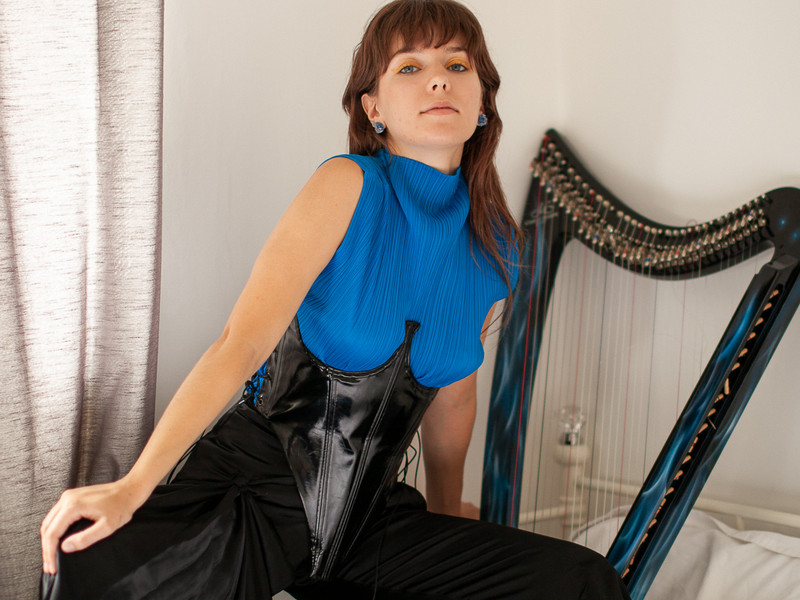Daniela Lalita Lets Us In
Continue reading below for insight into the artist’s views and how her latest EP came to be.
How are you today? What's your headspace like?
My headspace right now is making my album. I'm excited to leave New York. That's where I'm at right now. I saw Rosalia yesterday and that was super inspiring to me. You're witnessing something that feels like a story. You know what I mean? It feels like you're reading a book and the different phases of a person's life. And I felt all different emotions. I was thrown from being happy to being sad to weeping, to crying, to jumping.
I feel like those emotions especially come out more when you're an artist yourself, and you can appreciate what they're doing.
I think as an artist, maybe you have a different outlook on it. I was looking at the people, I was looking at how people were reacting. I mean, I'm just also really emotional, so I was crying a lot. And I really love her. But I also think that people who don't necessarily make art are able to connect. I think that's the beauty with music is that I genuinely think that everyone has their own unique kind of musicality that maybe is unexplored and everyone can connect to it. You know what I mean? It's vibrational. It's literally math, we can't escape from it. It affects us. I think having a background in music tech has really allowed me to understand music beyond my emotions about it. And I think that it's allowed me to understand the physical effects of it.
Let's talk about your EP that you just released. I was listening to it and it has this haunting sort of otherworldly sound to it. Talk to us about the inspiration behind it and how the songs came to be.
I would say that instead of using the word haunting, I think the words I relate to are more ritualistic, honest, vulnerable, sincere, honest, and raw. I think that there's a lot of darkness as well as likeness and as well as magic. What I was simply doing was just exploring my experience growing up with my mother and my grandmother in Peru. Trececerotres is the name of the EP, which means 1303. I like playing with language a lot and I think that I really wanted it to be sort of like a code, almost like you couldn't really figure out if it sounds like a dinosaur. There's a lot of play with vocals, lyrics, and ways in which syllables are even conjugated I think with the intention of trying to play with language. Making sounds that are more expressive, which is something I learned from my mother and my grandmother.
How did the songs come to be?
I think it was an exploration of my experience with my mother and my grandmother and growing up with them in Peru. Going through a range of emotions and situations growing up with them changing roles. Sometimes I was the mother, sometimes I was the grandmother and sometimes my mother was the child. I think that this EP is a compilation of all of those experiences and I think the moment in which the climax happened was when my grandmother got sick, and I got to get really close to her when she had cancer. The three of us really got together and we got to know each other a lot more and I think that it was basically an outpour of my most honest emotions of dealing with hardship. Of remembering things and of being very honest with my emotions. With going back to your house, but in a way feeling the presence of death. How do you deal with that? How do you express that or express the passing of time? You can't really control the nature of nature itself, how death works.
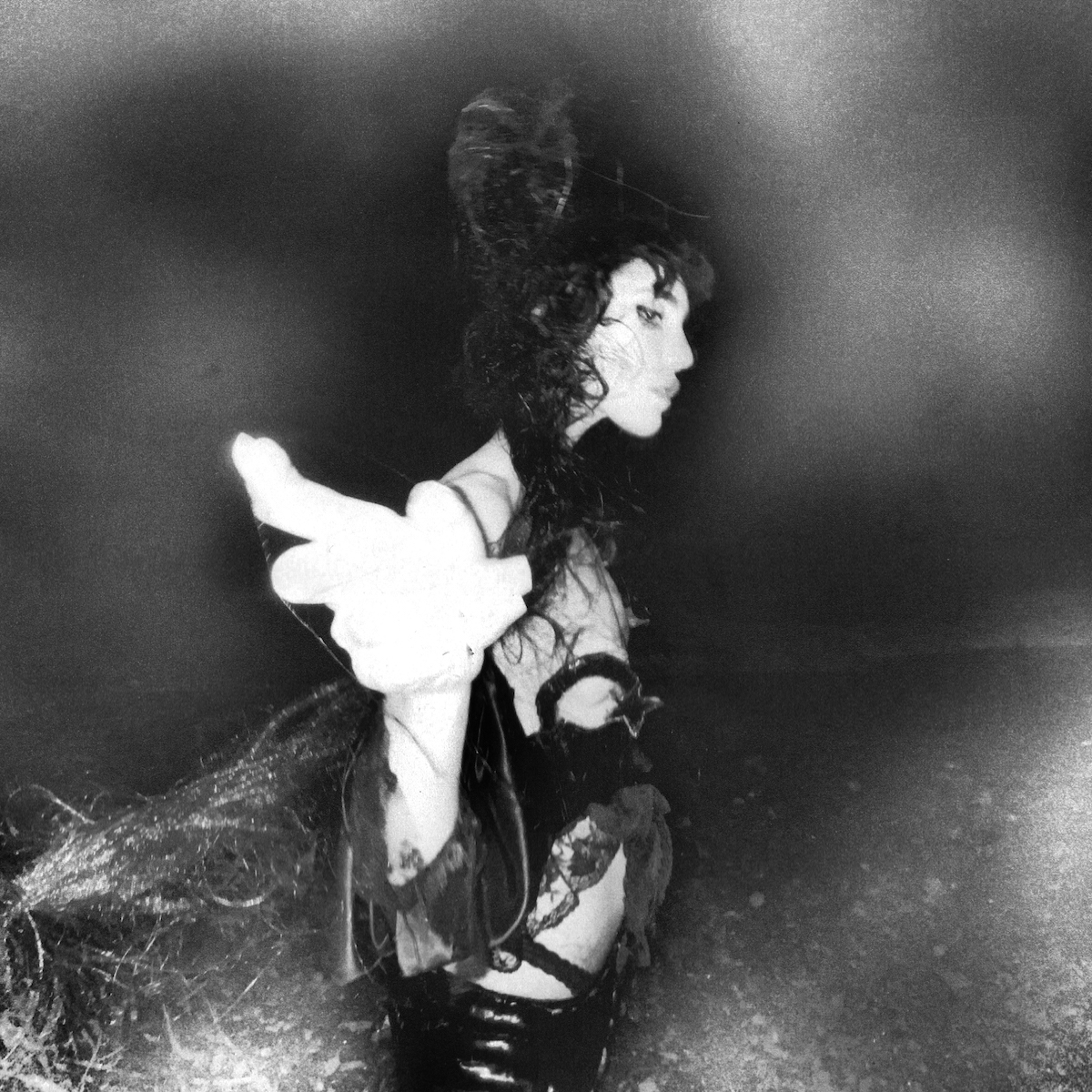
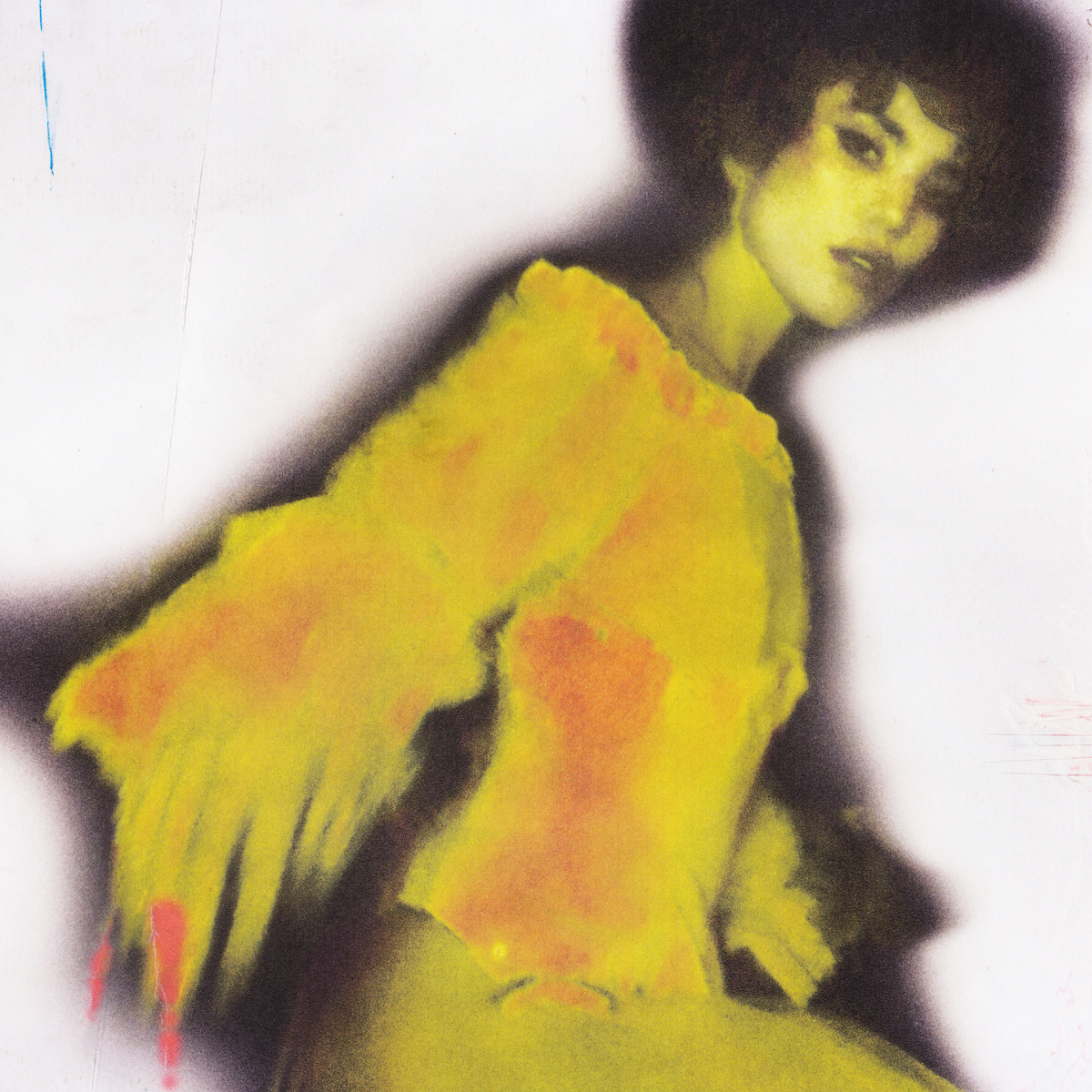
So would you say overall, that over the five years of creating this EP, you found it to be therapeutic for you to express your emotions through your music?
Absolutely. It allowed me to express things that I think I wasn't able to express through conversations. I wasn't able to talk about this with people and so my intention behind this was like having faith that by making the songs, I would eventually connect with somebody else that might not be going through the same situation, but might be feeling the same way. You know, and in that way, we start a conversation even though we don't know each other. I think that there's a lot of magic in that.
The visuals for "No Para" and they were just really beautiful. From what I saw, how was filming the video for you?
I think that the video and the song are very different. I took a class on Paradise Lost and I remember we were talking about the devil in a compassionate way, in a very, like, human way. It wasn't actually evil, and it was just there to do its thing. You know what I mean? Like, that was its duty. I think that it inspired me to think about sort of destructive forces that try to stop you whenever you want to flourish or grow. In a way that's compassionate and I think that generally seeing things that threaten me in a compassionate way makes me feel safer. And I also think it's something that I've learned through my mental health journey, because I really care about mental health and the human brain and psychology in general. It was sort of an ode to this resistive force that I feel like wants to stop me from growing and flourishing. I think that everyone can relate to that and I gave it a compassionate voice. It wasn't really me singing, it was representing this mythological character that came in between mountains to make a wish and perform a ritual that I had performed before. We actually went in between mountains to reenact this ritual which was pretty cool. I gave a voice to this resistive force, and I made it a compassionate thing that was just there, and it couldn't help itself and it's just part of nature.
So you were born in Peru, how much does your Peruvian background play into your music?
A lot. I think it's just natural because from the parties that I go to, to the jokes that we make with my friends, to the songs that my grandmother and my mother would expose me to, to the songs that they play. For example, my mom was in a lot of bands when I was a kid and she would take me with her because I'm an only child, at least from my mom's side. She was in reggae bands, but also different forms of fusion. I would just be a kid exposed to all of this. So from my grandmother's experience and her songs that came from the highlands and my mom's experience in the jungle because they lived together, to going to parties, and listening to old school reggaeton. I think that Peruvian music for me in a way has marked me, but it's not something that I do intentionally. It's not like, "Oh, I want to make this a Peruvian song." It's just kinda like you were born around it, listening to it, from different regions and from different places, with different intentions. And I think it just comes through naturally because that's what I gravitate towards. But, I don't want to limit myself to make it all about that.
They're just making it for the love of making it.
The intention is to make something stay alive. You know what I mean? It's to tell a story. It's to continue a story that has to be told. It's more about history and it's about love and family. I think that's beautiful.
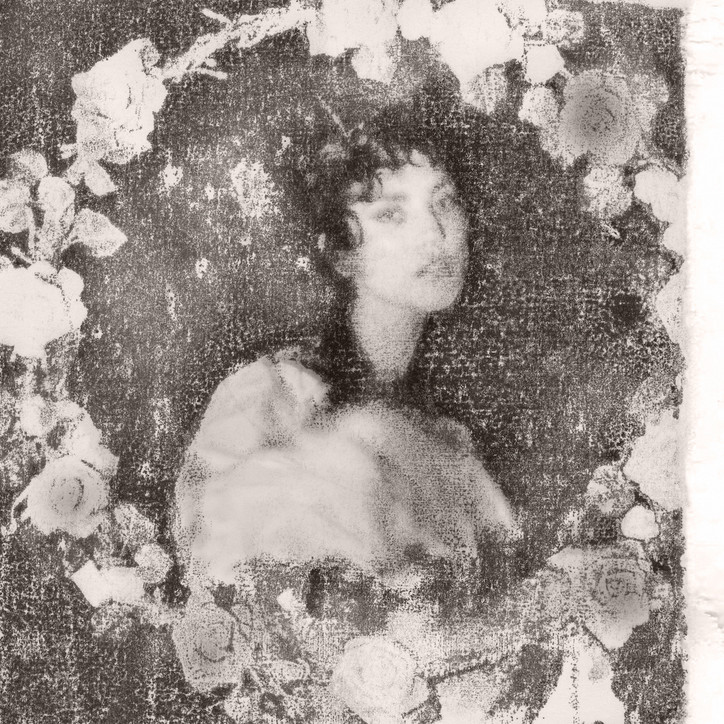
Are there any sort of specific rituals that you perform when you're writing something new? Like, how do you get into that headspace of writing?
I think that I make rituals something very personal. I think that I can create rituals by forcing myself to not use specific plugins and go through the process of making something that takes me five hours, or six hours or a week. Simply because the process makes it feel like I am more invested and I am giving more of myself. In that ritual of mine, I think that people will be able to hear it. I have this amazing mentor who is a musical electronic music pioneer from the 70s who created one of the first synthesizers ever. I mean, it's an honor I chased him. I think that something that I learned from him was that people can definitely feel it. And I think that I have my own rituals from threading voices together in a way that takes more time, but I think, captures more emotion to things that I would do with my mother and my grandmother, to simply having a moment with myself, connecting with water in my own ways, and doing things that my mother and my grandmother had done. And others that I think I'd rather just keep to myself.
I saw on your Instagram you spoke about partnering with the Rainforest Foundation and I thought that was really interesting. Can you talk to me a little bit more about this and what it means to you?
It means a lot to me, because my grandmother, grandfather, and mom grew up in the jungle. They lived there for 10 years, and they worked very closely with the Ashaninka tribe that lived in that region because they're nomadic. I was really inspired by that because there was an interchange of knowledge that came from different backgrounds. You know what I mean? Like my grandfather would help them with medicine, as much as they would help him with knowledge of something that he would have no access to in the city. I just find it a lot more inspiring to follow what they were doing. I find that a lot more inspiring and I think that it's a relationship that has just begun and it's something that I'm very excited to cultivate. I also am really excited to go and visit when the time is appropriate. I think that we will go to different regions that are in need of more help. For example, there's 70% of people that are not documented in Peru in general, but in the jungle, there's so much that's going on that needs protection, help, and awareness, and I find it very inspiring to involve myself in any way I can. I'm gonna keep exploring this and exploring how I will relate to that artistically, but it's probably what I'm most excited about actually.
I feel what I'm picking up is that there's so much to uncover, and so much to unravel. But the beauty in all of it is that you keep it close to yourself, and you share what you want to share, but there's so much more to it.
I think it's difficult to maintain a myth as an artist these days. I like fantasy and I think that in some ways, it's important to at least for me honor that. It's a difficult line between being honest and being vulnerable but still offers fantasy and magic.
